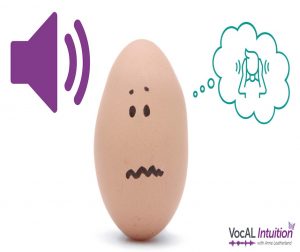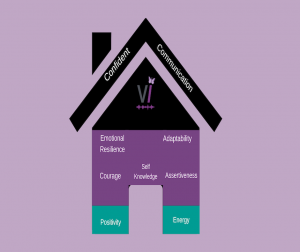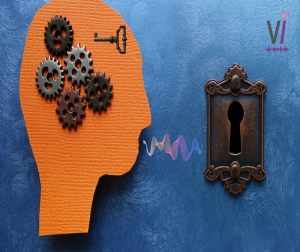Intelligibility? You may be thinking to yourself “of course I’m understood when I speak, I speak with people all the time!” I’d like you to ask yourself the question though, in what way am I understood?
Let’s put it another way; e.g. do people sometimes get the wrong end of the stick when you speak or do they frequently ask you to repeat things? If they do, then something could be going wrong with your communication. As they say, it’s not what you say but the way that you say it!
Exploring your intelligibility
So that you can see what I mean, try this out with a friend and get them to give you truthful feedback.
Get them to ask you “how are you?” and then answer using the phrase “I’m fine thanks”.
Explore how many ways you can say the phrase and what the differences are in its meaning i.e. what message your friend gets from the answer. You could try changing the following:
- Inflection- how and where you go up and down in pitch as you speak
- Volume – how loudly or quietly you speak
- Energy – how enthusiastic or otherwise you are!
- Pace –how quickly or slowly you speak the words and where to take pauses
- Emphasis –which word(s) in the phrase you emphasise.
- Rhythm – whether you speak with a steady flow/pattern or break things up
These are just a few things that can change how you are understood by the other person. You could of course find many more. Notice that changing each of the above can change your meaning, and what your friend understands that you mean. Taken together, the things in the list above contribute to the prosody of your speech.

Articulation and Intelligibility
Notice that I have only just mentioned this word. Articulation, the way you make spoken sounds and put them together may of course affect your intelligibility. So, when this is mentioned most people attempt to exaggerate all the vowel and consonant sounds they make, usually by overworking the lips and Jaw. If you try it you’ll find that the result is very pedantic and inauthentic.
In order to articulate well in your own accent, it would help you to know how your vowels and consonants are made. That way you can work out what to do to bring them to a place where all your words are clearly understood by others. By the way, everybody has an accent. You may not think you do if you are mainly surrounded by people from your own area!
So what?
A couple of years ago I travelled to the midwest of America and found that people didn’t understand me very well. I was even asked, “do you speak English?”! I figured out that it wasn’t particularly the words or the clarity of the words that was the problem. It was simply that my prosody didn’t match theirs. So, I changed to the pace, rhythm, inflection and emphasis of what I was saying. All of a sudden things got a lot easier. Having said that, asking for “the ladies’ loo” is not useful in a country that uses the term “restroom”. This word is actually part of a dialect.
Now, if you are working with people from another country (UK countries included) It is worth listening to the way that they use the rhythm, emphasis and musicality of the language. i.e. listen to the prosody. You may use very different patterns. When you speak with them, however, you can create common ground by matching their prosody to some extent and you will be more readily understood. You can do this with a bit of know-how.
A last word
This has been the tip of a rather large iceberg, but I hope that this has given you some food for thought and inspired you to explore your voice use.
You can find out more by booking a FREE discovery call with me to chat.
Next month: Being Fully Understood When You Sing!




